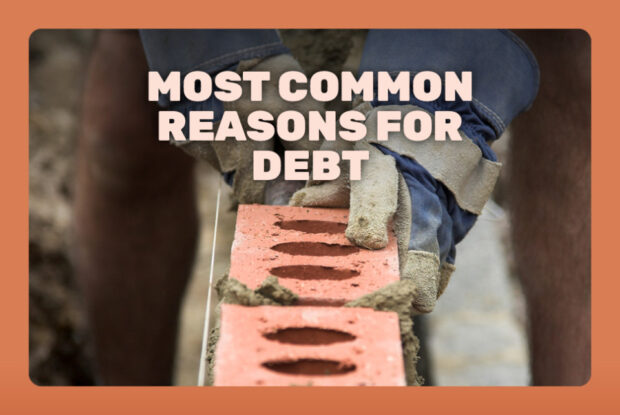What happens when debt isn’t paid off?
What happens when debt isn’t paid off? Debt doesn’t usually spiral overnight. It often starts with a missed payment, a letter left unopened, or a period where money is simply stretched too thin. Many people who fall behind on payments didn’t expect to be in debt in the first place. If you’re unsure how your situation started, our guide on the common…



